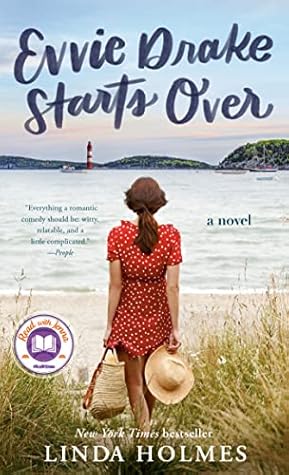More on this book
Community
Kindle Notes & Highlights
“I do think we should have a deal.” She looked at him expectantly. “You don’t ask me about baseball,” he said, “and I don’t ask you about your husband.”
“Well, basically a lot of eighteen-year-olds with good options don’t stay in a place like this. And when they leave, they don’t usually come back. So the town gets older, tax base gets smaller, things get harder. Long story short? Too much leaving and dying; not enough arriving and being born.”
“I think every plan I ever had involved everything happening later. You’re twenty-two, twenty-three, time is sort of infinite. It’s like a pool where you can’t touch the bottom. I knew there would be something else, but it was always after. After, after. It was like I was waiting for something to start, and I was actually in the middle of it the whole time. Does that make sense?”
Eveleth hated the word “bitch” and tried to never use it herself, but she understood in occasional moments why other people liked it.
“What I meant is that I propose that this dinner is back on old rules. No husband, no baseball.” “All right, agreed.” “So anything you have, get it out of your system now.” “Okay. Wait: my husband was a jerk.” “Well, sometimes I watch myself strike people out on YouTube.”
‘Your head is the house you live in, so you have to do the maintenance.’ ”
“You would be shocked how many people tell me that they got through cancer or divorce or having their house burn down, but then they lost their keys or they ran out of coffee or the dog chewed on a slipper, and they fell to pieces. It’s just that last insult.”
My therapist calls it grieving the first call.” “What does that mean?” “She says when something happens, good or bad, you can only call one person first. And if you’ve been somebody’s first call, it’s hard not to be their first call anymore. She says it’s one of the reasons why parents sometimes feel sad when their kids are getting married. It’s not just the empty nest. They’re not the first call anymore.


